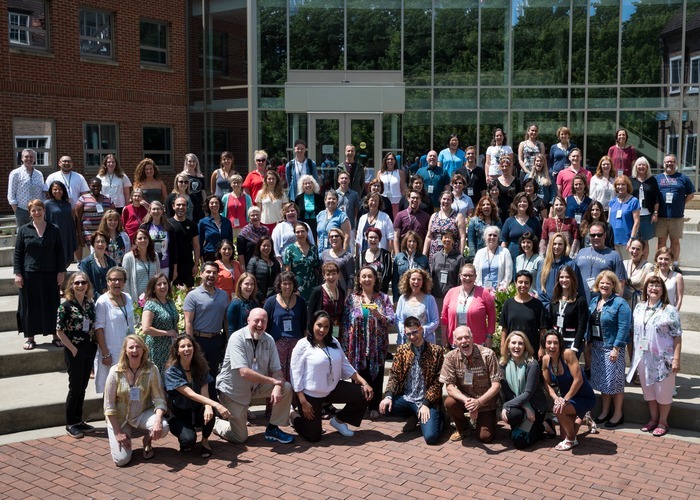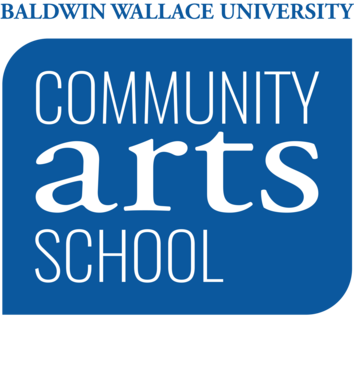LoVetri Institute for Somatic Voicework™
Upcoming LoVetri Institutes
Registration is open for the 2024 LoVetri Institute for Somatic Voicework™.
Learn more and register:

What is Somatic Voicework™?
Somatic Voicework™ is a body-based method of vocal pedagogy that incorporates physical awareness, aural acuity, kinesthetic development, and vocal freedom. It is supported by voice science, vocal hygiene, and medical information. It promotes technical security, stylistic accuracy, and personal satisfaction. It honors the wholeness of healthy vocal use and the individuality of every vocal artist. It was developed to address contemporary commercial music but encompasses all styles.
Vocal function is clearly explained, and the exercises presented are designed to empower teachers to create solutions for a wide variety of pedagogical needs. Since 21st-century music continues to diversify, the need to understand vocal function, vocal health, and voice science has never been greater, and new tools are needed to supplement those that were used for the past two hundred years. These tools are found in Somatic Voicework™.
There is no special jargon, nothing to prepare, and it avoids any direct manipulation of the structures in the throat. It has the honor of having had 12 nationally recognized laryngologists as lecturers and four highly acknowledged speech language pathologists as faculty over the past decade. The training days are filled with information, demonstration, and application balanced with camaraderie, networking, and social interaction among participants at all levels.
How Does the LoVetri Institute Teach Somatic Voicework™?
The LoVetri Institute offers three tiered courses, each required before the next, to teach Somatic Voicework™. Learners must complete the courses in order, but you may repeat each level if desired.
After completing the three levels, learners may continue on to advanced work, including:
- Working the Trans & Non-Binary Voices
- Vocal Health Intensive for Singing Teachers
- When Science Meets Soul: Level I - Introduction to Soul Ingredients®
- When Science Meets Soul: Level II - Developing the Artist
Note: Not all levels or advanced work are presented at each session of the LoVetri Institute. Explore information about the current session to learn more.
Who Should Attend?
The Institute is comprehensive but accessible to everyone from singers not yet teaching to those with decades of experience. Past participants have come from all vocal disciplines and nearly every US state as well as 25 countries.
Participants have remarked that the work is different, new, unique, powerful, honest, and open-hearted.
Who Teaches at the LoVetri Institute?
Faculty may vary at each session of the Institute, but usually includes all senior faculty. These individuals are experts in the method and are excellent examples of how this work, which started out as being unique to Jeannette LoVetri, can be used effectively by everyone. They bring decades of experience as educators and vocalists to Somatic Voicework™ and understand the open-hearted philosophy which brings together science and art, pedagogy, and personal expression, and a trust of the body’s ability to produce beautiful, authentic sound in any voice and in any style.
Learn more about the Somatic Voicework™ Teachers' Association
